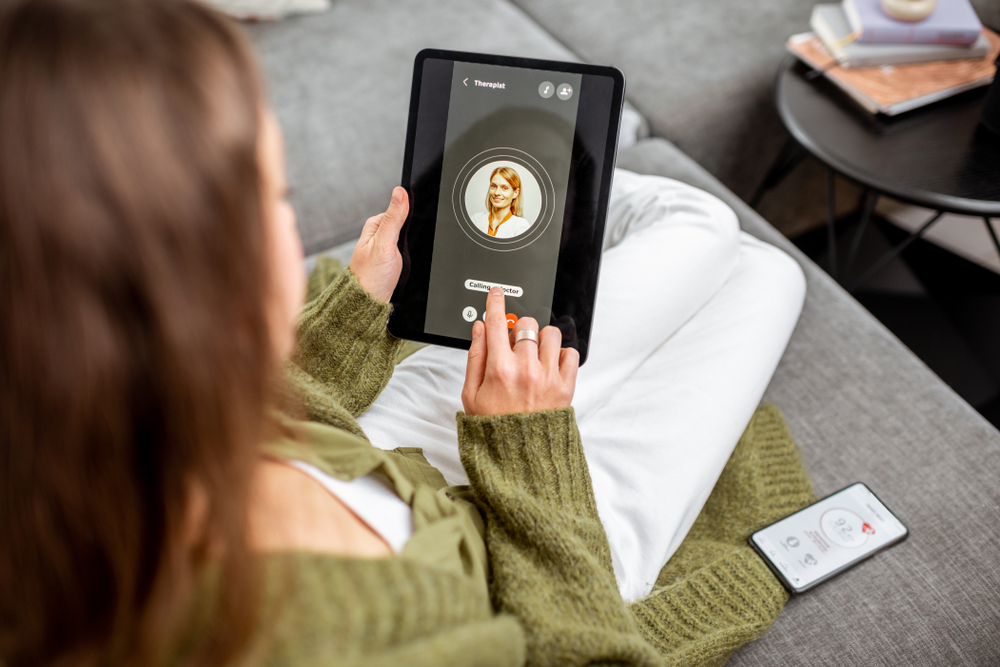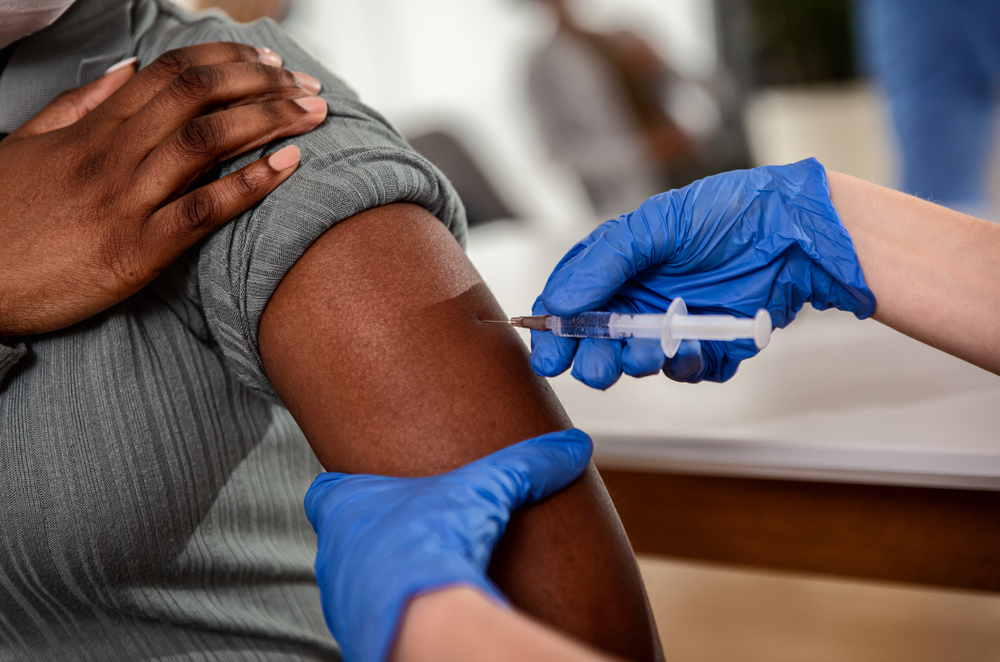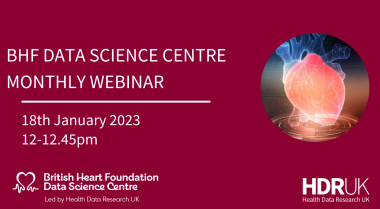Accuracy of telephone triage for predicting adverse outcomes in suspected COVID-19
16 June 2021
Dr Carl Marincowitz, NIHR Clinical Lecturer Emergency Medicine, ScHARR, University of Sheffield has been selected to give a Lightning Talk at the HDR UK Annual Conference 2021. Here you can find out about his work to measure the accuracy of telephone triage during the COVID-19 pandemic.

Overview
Following the 2009 swine flu pandemic, the UK influenza pandemic contingency plan predicted there could be around 750,000 excess emergency department attendances and 82,500 excess hospitalisations in a similar pandemic. When the COVID-19 pandemic started, the team activated a study to measure the accuracy of telephone triage for those with suspected COVID-19.
Situation
To stop hospitals being overwhelmed during the pandemic and further spreading of infection, people with suspected COVID-19 were advised to contact NHS 111 and 999 telephone services to assess whether they needed urgent treatment. Emergency Department attendances fell by around 25%, whilst calls to NHS 111 doubled. This partly reflected a displacement of clinical assessment of lower-risk patients to telephone triage services.
NHS 111 and 999 must balance the risk between sending too many ambulances to people who do not need them and advising self-care for someone who may become seriously unwell.
Solution
Dr Marincowitz and the PRIEST research team aimed to measure the accuracy of triage being provided by telephone services in predicting adverse outcomes in those with suspected COVID-19. The team linked clinical records (March – June 2020) of people who contacted NHS 111 or 999 with suspected COVID-19 infection, provided by Yorkshire Ambulance Service, with routine data collected nationally by the NHS.
This included electronic ambulance clinician records, NHS 111 pathways information, 999 calls data and linked to individual level data collected by NHS Digital, including Individual General Practice Level Data, Emergency Care, Admitted Patient Care Activity, Intensive Care Data sets and Office of National Statistics Mortality data.
This allowed them to see who had an adverse outcome and identify factors which might affect whether people were correctly sent an ambulance. They assessed the accuracy of provision of an ambulance or other urgent clinical assessment for an adverse outcome of death or requiring organ support up to 30 days from first contact.
Impact and outcomes
The study found that of 3% of those who contacted NHS 111 and 11% of those who contacted 999 services experienced an adverse outcome. The accuracy of triage, based on whether an urgent clinical response was provided to those who seriously deteriorated, was similar to the performance of triage tools in other emergency care settings.
However, the study presents an opportunity to identify areas for improvement and assess the potential to use telephone triage services in different healthcare systems and future pandemics.
“It is important that this research is put into context as this was performed in the first wave of the pandemic, when evidence was rapidly evolving. What is reassuring is that the telephone triage during COVID-19 performed as well as telephone triage in other emergency services and the risk of advice to stay home was small.”



